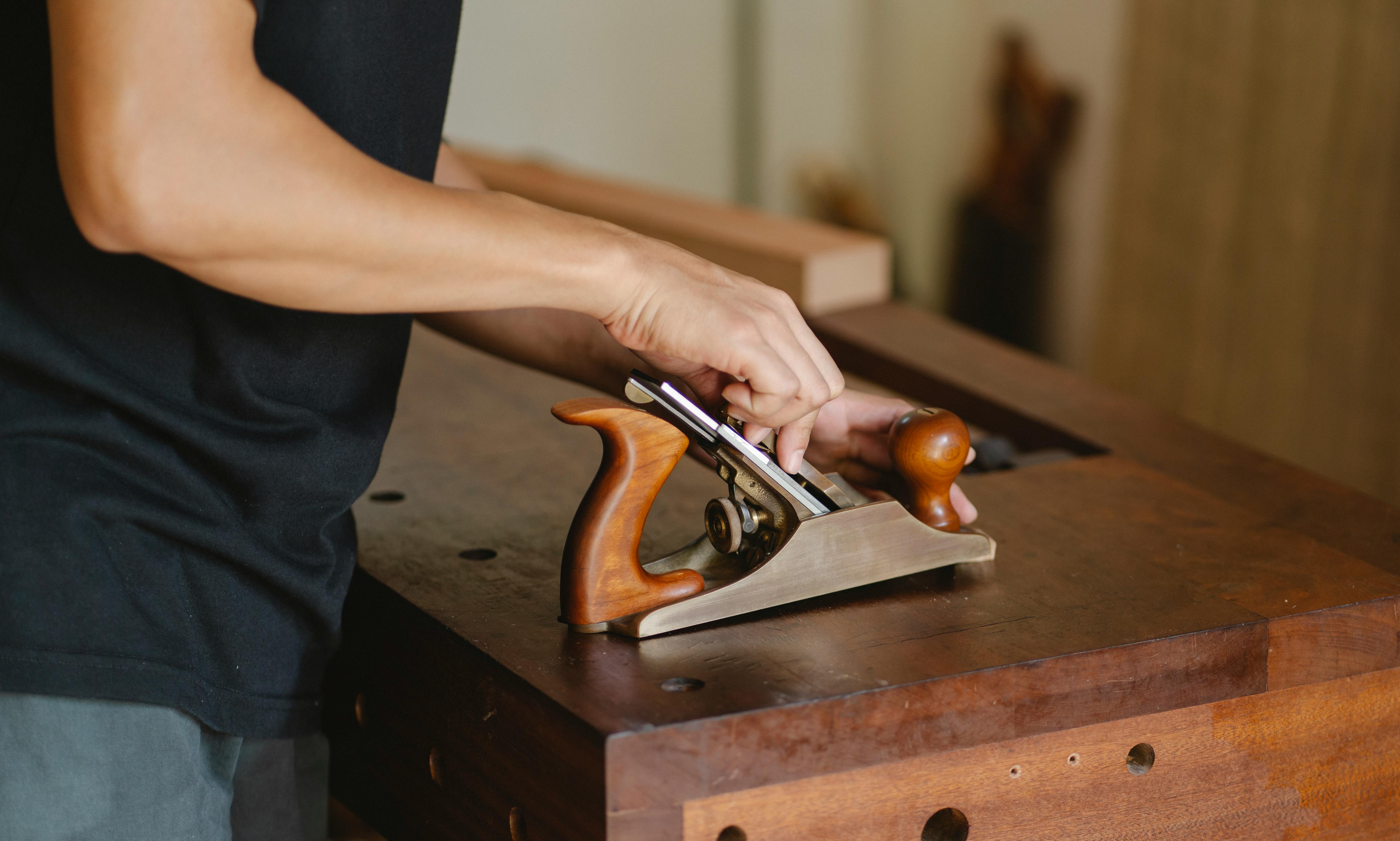
How to properly appraise a liquor store for sale: the guide
A liquor store can be one of the most attractive prospects for those looking to enter the world of entrepreneurship. They are traditionally seen as “commodity” providers, with good turnover and reasonable margins. However, considering a liquor store valuation can be quite a difficult proposition. The entire industry is somewhat dependent on outdated barometers and the owner may be looking to offer you the business based on traditions rather than real world elements.
Due to these traditions, the industry has a somewhat veiled view of the measures used to assess actual individual trade values. No two liquor stores are the same, as they have different footprints, different specialties, the existence or absence of certain subsidiary products that can represent substantial values in themselves, etc. Always remember to focus on the profit claim and not in reference to given percentages or the fact that the business may have solid sales, but the sales themselves mean nothing.
While you can of course review the percentages you were given and use them to interpret any anomalies accordingly, the best method of business valuation, all liquor store experts agree, is based on cash flow or profits. from the owner. They will often refer to a figure that represents a “multiple”, and this multiple can be three, four or five times. What does the multiple refer to?
The most common figure used represents the owner’s profit. This refers to the money that you will have left after all expenses have been accounted for and essentially represents the funds you will use to pay off the debt, pay yourself accordingly, and build the business. When looking at the books, your owner’s profit is defined as the net income added to the owner’s salary, benefits, depreciation, and interest minus the capital expenditure allowance. The last item refers to any major alterations or investments that you need to make in the foreseeable future, through the installation of updated computer systems or redecoration, as examples. Always make sure the “additions” are appropriate and reasonable.
Since you are buying the business at a premium, relative to the “multiple” associated with the value, you of course need to ensure that it is being sold as a constant concern. This statement is particularly appropriate when it comes to company inventory. Make sure you buy this inventory on terms that are realistic for you. Often buyers will be looking to remove the cost of inventory from the valuation and add it separately. It should always be treated as an integral part of the valuation and should not be used to inflate the seller’s position. Typically, a liquor business turns inventory eight to 10 times a year, and you need to ensure that your particular stock does not include a large number of items that may be unsaleable or seasonal.
Beware of a homeowner claiming a large amount of cash sales, as if you can’t prove it, you never have to pay it. In other words, they shouldn’t profit twice: first when they cheat the tax department and second when the sales value of a business is inflated.
Note that you should have a thorough discussion with the management company or the tenant, assuming, of course, that the business is in a rented space, as is often the case. Find out exactly what you need to do, before proceeding, to take on the lease yourself or to qualify for a new one.
A word about owner financing, which can be offered. Generally speaking, you can add 30-50% value to the seller financed amount and consider it a premium to the stated business value, compared to a cash transaction.
Be vigilant during times when you meet with the owner, visit the premises, or perform your due diligence. Consider the number of customers you see entering and leaving the store and use it as a point of reference, taking into account the time of day of your observation. Do you see many members of the owner’s family working there, or do you see the owner working too many hours? Ask yourself if you want to replicate the situation and how you can really come up with a value for the contribution of family members’ work, especially if they are paid off the books.
When thinking about how to value a liquor store, don’t forget that proper valuation is definitely an art, not a science!